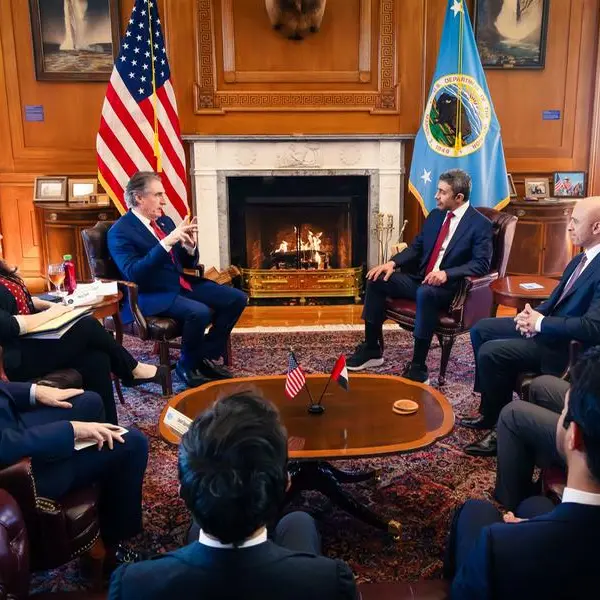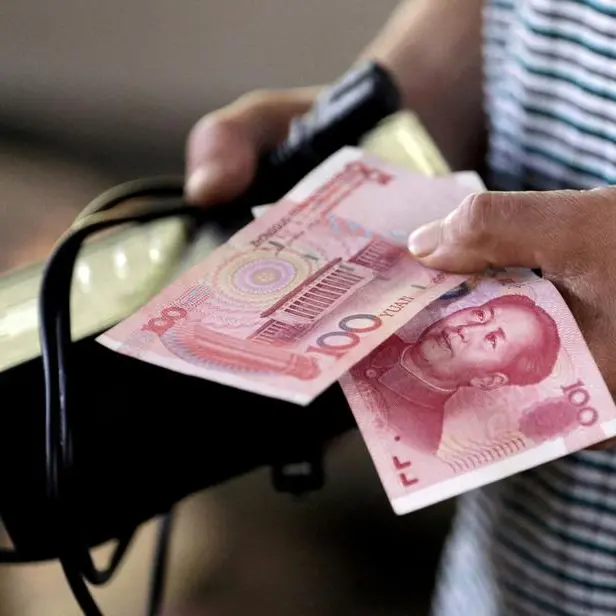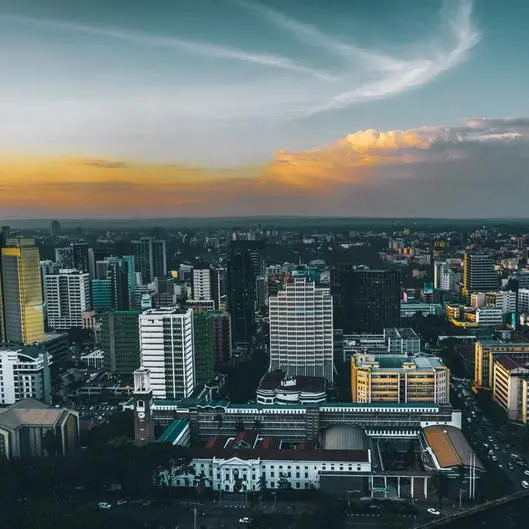PHOTO
With its untapped resources, infrastructure needs and surging population, Africa presents one of the last major investment opportunities for international players.
Of course, the continent is not a homogenous region. With a GDP of $3.4 trillion and a population of 1.3 billion across 54 countries, Africa presents different business and investment opportunities: from BRICS state South Africa, to oil powerhouses Angola and Nigeria, to the fast-growing Egypt, Ethiopia, Kenya and Morocco, the region offers huge potential for investors and corporations eager to expand their footprint.
The African Continental Free Trade Agreement (AfCFTA) has emerged as another opportunity for cross-Africa trade and for global players to take advantage of a range of opportunities in the continent.
The 54-nation AfCFTA economic bloc came into effect at the start of 2021 and aims to create a single, continent-wide market for goods and services and to promote the movement of capital and people¸ facilitating greater trade flows between African countries.
The World Bank estimates the AfCFTA, which took effect at the start of this year, has the potential to lift at least 30 million Africans out of poverty, boost the continent’s income by $450 billion by 2035 (a gain of 7 percent) and increase Africa’s exports by $560 billion.
“By increasing regional trade, lowering trade costs and streamlining border procedures, full implementation of AfCFTA would help African countries increase their resiliency in the face of future economic shocks and help usher in the kinds of deep reforms that are necessary to enhance long-term growth,” according to the World Bank.
While the continent still has a long way to go in terms of developing its economy, it has benefitted from robust infrastructure investment from China, France, the UAE and other countries and corporations, a springboard to unlock new investment, business and trade opportunities.
Long-term trends measured over decades show that African countries have now emerged as very attractive investment destinations, according to Ernst & Young: “All this is happening in the last region of the world offering a demographic dividend: sub-Saharan Africa will soon be the only place with birth rates at replacement level or higher.”
A new report by medical journal The Lancet notes that Africa’s population will rise faster than any other region by 2100 and reach 3.78 billion thanks to its high fertility rates. With income levels rising in Africa, this presents fresh new opportunities in consumer goods, retail, infrastructure, logistics, tourism, financial services and power.
AFRICA’S ECONOMIC OUTLOOK
The UAE has been strategic in its approach to Africa and sees the development of its population as vital to its success.
Last year, the UAE launched the $500-million Consortium For Africa focused on youth and digitalization. “The Consortium would align the UAE government and its private sector’s commitment to Africa, combining ambition for progress, and resource to support it, into one focused entity to assist development and investment, contributing to an optimistic new future vision for Africa and with Africans,” according to Reem Al Hashimy, the UAE Minister for International Cooperation and Director General of Expo 2020 Dubai.
The African Union, a multilateral organization that promotes pan-African interests, will also have a pavilion at the Dubai Expo starting October 1, with the themes of infrastructure and energy, science and technology, regional and economic integration, agriculture and environmental sustainability.
Overall, the UAE’s trade with African countries surged to $50 billion in 2019 and around $40 billion in the first nine months of 2020, according to Dr. Thani bin Ahmed Al Zeyoudi, the UAE’s Minister of State for Foreign Trade.
Mubadala, Abu Dhabi’s sovereign wealth fund, has also emerged as a strategic investor in Africa. In June, the fund signed a memorandum of understanding with French national investment bank Bpifrance to invest up to $415 million primarily in African companies. Mubadala also has a stake in a power generation company in Algeria and a pipeline in Egypt.
All told, the UAE has invested in 71 different projects worth $5.64 billion, becoming the fourth biggest investor in Africa, according to research consultancy Knight Frank.
Africa’s economic outlook is bright, but the continent needs massive investments to realize its potential. A report by G20 nations titled Africa’s Infrastructure Finance, notes that Africa’s infrastructure investment needs have increased over time, reaching $130–170 billion a year by 2018, with a financing gap of $68–108 billion, and they are calling for a global pact to boost investment in the region.
“Plugging Africa’s financing gap through investments in productive infrastructure would produce national and global spillover effects,” a G20 policy brief says. “Not much has been done to reduce the colossal financing gap in response to Africa’s structural lack of funding for infrastructure projects. The existing budget deficits and poor access to international capital markets call for considering alternative funding sources.”
The UAE is not the only country eyeing opportunities in Africa. China’s multi-trillion dollar Belt and Road Initiative considers the continent a key part of its strategy to connect Africa, Asia, the Middle East and Europe via a series of infrastructure, logistics and transportation projects.
Meanwhile, the US has also extended the African Growth and Opportunity Act (AGOA), which offers duty-free exports for 6,500 products from Africa to the US, till 2025. Many Western countries also consider China’s rising trade and investment in Africa as a threat to their influence in the continent and are looking at ways to engage African countries with investments, transfer of technology and economic support.
The huge interest in the continent and scramble by rival countries to position themselves favourably in Africa will help the region upgrade its infrastructure in a sustainable way and ensure that millions of Africans have access to electricity that could serve as a building block for a digital economy.
The African Development Bank notes that the continent needs investments of $230-310 billion to expand its electricity grids, and an additional $190-215 billion for the period 2026-2030. That alone provides a massive opportunity for UAE, and other regional and international financiers, developers and energy companies.
(Reporting by Syed Hussain; editing by Seban Scaria
( seban.scaria@refinitiv.com )
Disclaimer: This article is provided for informational purposes only. The content does not provide tax, legal or investment advice or opinion regarding the suitability, value or profitability of any particular security, portfolio or investment strategy. Read our full disclaimer policy here.
© ZAWYA 2021





















